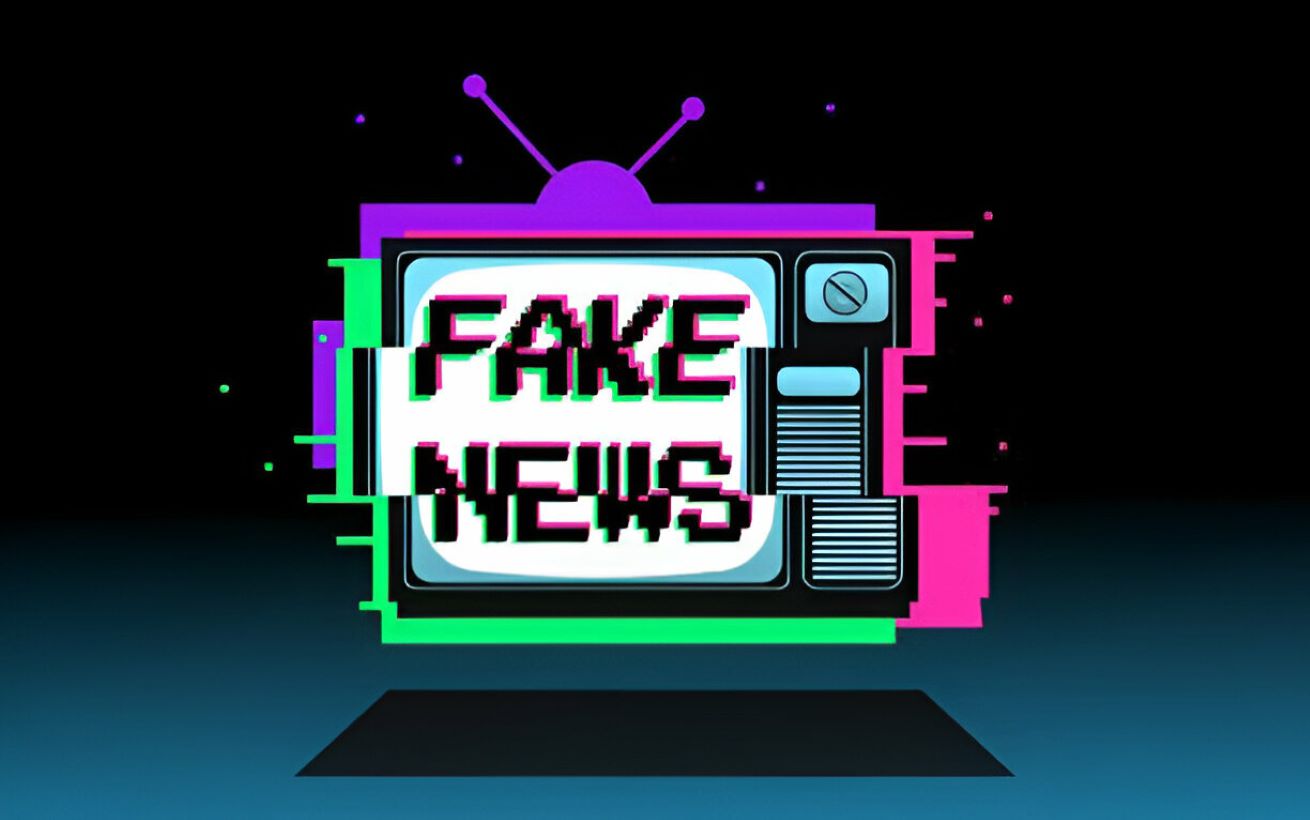In the digital age, misinformation and fake news spread rapidly, influencing public opinion and causing significant harm. While free speech is a fundamental right, knowingly spreading false information can have legal repercussions. Governments and private entities are implementing measures to curb the dangers associated with fake news.
The consequences of misinformation range from civil lawsuits to criminal penalties, depending on the intent and impact of the false information. Understanding the legal risks of spreading fake news can help individuals and organizations avoid legal trouble. Here’s a look at some key legal consequences of misinformation.
Contents
Defamation Lawsuits and Liability
One of the most common legal consequences of misinformation is a defamation lawsuit. If false statements harm an individual’s reputation, they may have grounds to sue for damages. Defamation includes both libel (written falsehoods) and slander (spoken falsehoods).
Public figures and private individuals have different legal thresholds for proving defamation. While public figures must prove actual malice, private individuals only need to show negligence. Those found guilty of defamation may be required to pay substantial financial damages.
Legal Penalties for Spreading False Information
Some forms of misinformation, particularly those that incite violence or public disorder, can lead to criminal charges. Governments enforce laws against spreading hoaxes, false emergency reports, and fraudulent claims that can cause harm. Fake news related to health crises or national security can lead to severe legal consequences.
Certain countries have enacted laws specifically targeting fake news, imposing fines and even jail time for those who intentionally spread harmful falsehoods. Social media platforms may also be held liable for failing to curb the spread of misinformation.
Legal penalties vary by jurisdiction but often reflect the severity of the misinformation’s impact.
Consumer Protection and Fraud Claims
Misinformation that misleads consumers, such as false advertising or deceptive business practices, can lead to consumer protection lawsuits. Businesses that falsely advertise may face legal action from regulators and consumers. Guilty companies can be fined and required to pay compensation.
Regulatory bodies monitor commercial claims to ensure that businesses do not engage in deceptive practices. False claims about health products, financial investments, or legal services can lead to class-action lawsuits. Transparency and truth in advertising are essential to avoiding legal consequences.
Social Media and Platform Accountability
Social media companies face increasing legal pressure to regulate misinformation on their platforms. Governments and regulatory bodies are pushing for stricter content moderation policies to prevent the spread of fake news. In some cases, platforms that fail to take action against misinformation may face fines or other penalties.
New regulations may require tech companies to implement fact-checking mechanisms and remove harmful false information. Some fear these measures limit free speech, but courts balance regulation with constitutional rights. As laws change, social media firms face legal challenges.
Impact on Elections and Democracy
False information can significantly impact elections, leading to voter suppression or manipulation. Spreading fake news about candidates, voting procedures, or election outcomes can be considered illegal interference. Governments are increasingly enacting laws to combat election-related misinformation.
Campaigns and individuals who spread false political information may face legal action, particularly if their intent is to mislead voters. Election commissions and law enforcement agencies monitor digital platforms for deceptive content. Ensuring fair elections requires enforcing legal measures against misinformation.
Conclusion
The legal consequences of misinformation and fake news are serious and can result in financial penalties, criminal charges, and reputational damage. Defamation and consumer violations pose major risks. Stricter regulations aim to curb false information.
Understanding these legal consequences is essential for individuals, businesses, and social media platforms. Responsible communication and fact-checking can prevent legal trouble while maintaining public trust. As misinformation laws continue to evolve, staying informed about legal risks is more important than ever.

